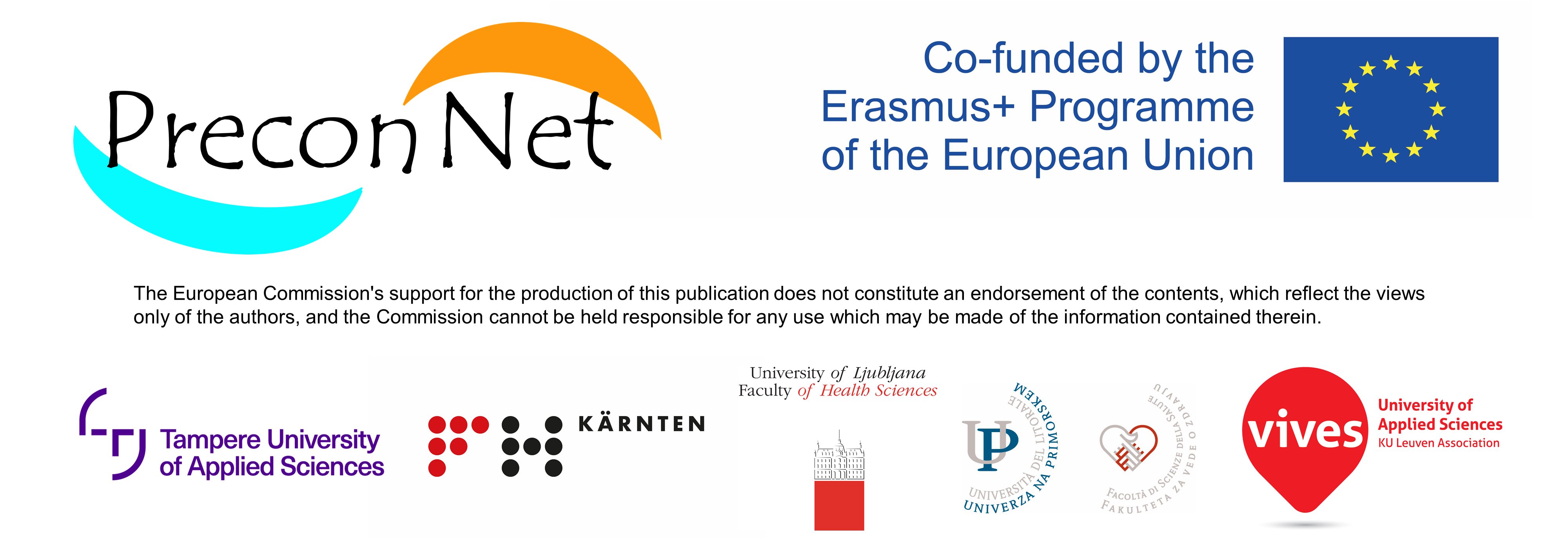Couples are sleepwalking into infertility
Whose task is to wake them up? The trend towards delayed parenthood is on the rise. There is a lack of sufficient fertility awareness; women and especially men underestimate the effect of age on fertility and overestimate the ability of assisted reproductive technology to overcome age-related fertility decline.
The most significant factor affecting fertility is age. It is an incorruptible factor. Beauty has no age – fertility does. The most fertile age of females is between 20 and 30. The physiology is not changing to serve the trends. Fertility declines after the age of 30, and even more after the age of 35.
Results of studies of critical years for male fertility are inconsistent; some authors claim that it can be affected already after the age of 30, still others are convinced that the fertile age limit begins at the age of 40. Men’s ageing will affect not only the pregnancy but also the child.
Egg cells are as old as the woman is. The best egg cells are used first. A woman is carrying (and feeding) her egg cells throughout her life. The amount and the quality are decreasing by the year. A common cause of female infertility is poor egg quality, whereas male infertility is related to impaired sperm ability to fertilize the egg and changes in sperm chromatin. At the age of 30 men start to produce more abnormally shaped sperm and motility tend to decline.
Postponing the timing of the first child can lead to smaller families than the couple hoped for. If a couple’s desire is to have two children without making use of fertility treatments, they should start trying to conceive when the woman is 27 years old to have 90% chance of success, if they want 3 children, her starting time drops to 23.
Infertility treatments cannot overcome age-related infertility. Women undergoing IVF using their own eggs demonstrate a dramatic drop in IVF success after the age of 35.
Several factors, positive or negative, affect both female and male fertility. Lifestyle risks are cumulative and increase during the years that couples postpone pregnancy.
Everyone has the right to learn facts about the impact of ageing on fertility. Information should be clear and based on research, because media is picturing a false image of endless possibilities. The best time for counselling is long before a couple is planning to start a family. Later it is more difficult to discuss this very sensitive and private issue.
Anna-Mari Äimälä, MSc, R.M. R.N., Senior Lecturer, Midwifery
TAMK Tampere, Finland

 Next Post
Next Post



